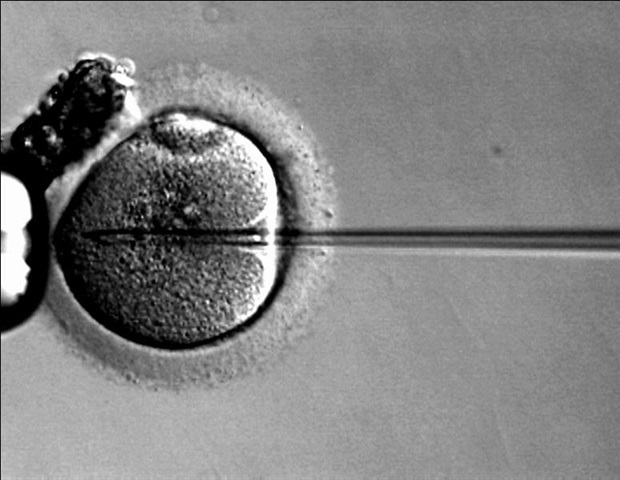In many Nigerian communities, motherhood is celebrated as a woman’s ultimate fulfilment, and the birth of a child is met with immense joy and high expectations. However, when a woman gives birth to a stillborn child, the narrative shifts. Instead of receiving support and understanding, many women face stigma, societal blame, and emotional isolation, writes GODFREY GEORGE Her pregnancy had stretched well into its tenth month, and Mrs Precious Okoro’s anxiety had reached its peak.
Her due date had passed nearly a month ago, yet the doctors insisted there was nothing wrong. “They kept assuring me everything was fine,” she recalled, her voice laced with frustration. “But I had to keep pushing for another ultrasound, which they only agreed to reluctantly.
This was my first pregnancy after three long years of trying, and I found it strange—no, unsettling—that it was now creeping into the eleventh month.” But that wasn’t all. Okoro revealed that by the 35th week, she had stopped feeling her baby’s movements – a silence that sent waves of dread through her.
A typical pregnancy lasts about 40 weeks, calculated from the first day of a woman’s last menstrual period. However, when a pregnancy extends beyond 42 weeks, it’s classified as post-term—a term that strikes fear into the hearts of expectant mothers. According to Health Today, a trusted medical journal, pregnancies are divided into stages: early-term (37–38 weeks), full-term (39–40 weeks), late-term.


















